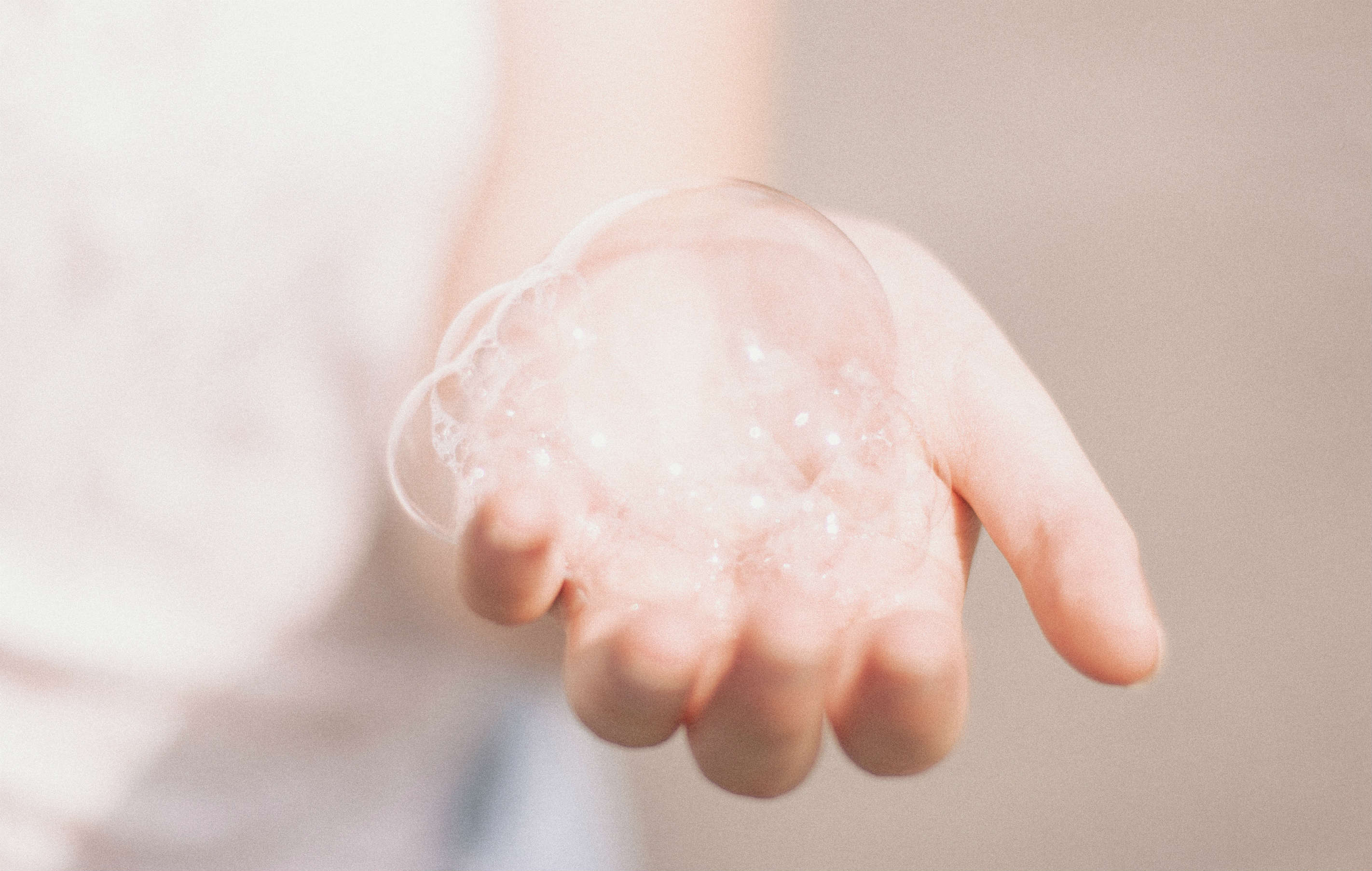SLS and SLEs

Sodium Lauryl Sulphate (SLS) and Sodium Laureth Sulphate (SLES)
Many products labelled ‘natural’ or ‘organic’ still contain Sodium Lauryl Sulphate (SLS) and Sodium Laureth Sulphate (SLES). Learn more about these two very common ingredients and their potential health problems.

Shampoos, soaps, toothpaste, shaving creams, bubble bath, mascaras and more
Sodium Lauryl Sulphate, SLS, and other counterparts – Lauryl sodium sulphate, Lauryl sulphate sodium salt, Sodium dodecyl sulphate and Sodium n-dodecyl sulphate
Sodium Laureth Sulphate, SLES
SLS
High Concern: Skin, eyes or lungs irritation (for products used around eyes, on skin or may be aerosolised) with prolonged and constant exposure
Moderate concern: Organ system toxicity (non-reproductive)
Other low concern: Suspected to be an environmental toxin
SLES
Eye or skin irritation
1,4-Dioxane contamination: Possibly carcinogenic to humans
SLS – None. “Determined safe for use in cosmetics, subject to concentration or use limitations” Cosmetic Ingredient Review Assessments. The European Commission’s advisory committee has not looked into its safety as there is no evidence that SLS can cause any serious health problems
SLES – None. The U.S. Food and Drug Administration recommends that companies remove any 1,4-dioxane contamination, it’s not a requirement
What are they?
Sodium Lauryl Sulphate (SLS) is a synthetic organic compound which is used as an emulsifying agent, behaving similarly to soap. Being derived from inexpensive coconut and palm oils, SLS is a common component of many household products (hand soaps, washing-up liquid) and personal products (soaps, body wash, mouthwash, bubble baths, shampoo, mascara).
Sodium Laureth Sulphate (SLES) is a very effective foaming agent and in part for its thickening effect. Derived from ethoxylated lauryl alcohol and used in many cosmetic products for their cleaning and emulsifying properties behaving similarly to soap.
SLS and SLES can be used in varying concentrations as a detergent and an effective surfactant in any tasks requiring the removal of oily stains and residues; for example, it is found in higher concentrations in industrial products including engine degreasers, floor cleaners, and car wash soaps.
Should we be worried about SLS and SLES?
Although there is debate surrounding SLS and cancer, studies have so far shown that SLS is not carcinogenic when applied directly or consumed. It also appears “to be safe in formulations designed for discontinuous, brief use followed by thorough rinsing from the surface of the skin” in a report by the Cosmetic Ingredient Review (CIR) in 2005.
Nonetheless, like all detergent surfactants, SLS and SLES do remove oils from the skin so therefore, can cause skin and eye irritation and may worsen skin problems in people with hyper sensitive skin.
A major concern with SLES, is contamination with the potentially toxic 1,4-dioxane which is formed as a by-product during the ethoxylation step of its production. Some products containing SLES have been found to contain traces (up to 300 ppm) of this substance which has been classified as carcinogenic. The worry is that there is currently no regulation for the removal of 1,4-dioxane from contaminated products.
Another concern with SLS is that it is an ingredient in aqueous cream products which, as anyone who suffers from eczema knows, is the go to treatment dispensed by health professionals. In a report by the MHRA UK in 2013, aqueous cream products have been found to contain SLS and other ingredients which are likely to irritate damaged skin. Despite documented skin reactions, aqueous cream remains a popular product with eczema patients and patients with other chronic skin conditions.
How to avoid?
Many brands that claim to be ‘natural’, ‘organic’ or ‘eco friendly’ still contain SLS and SLES so read labels carefully. There should be no SLS, SLES, Lauryl sodium sulphate, Lauryl sulphate sodium salt, Sodium dodecyl sulphate or Sodium n-dodecyl sulphate in the ingredients list.
Choose products that are 100% natural, 100% plant-based to be sure that they are free from potentially harmful SLS and SLES.
All products sold by Pure Company is 100% SLS and SLES free because we believe that having beautiful skin and hair should not come with health risks but health benefits!



